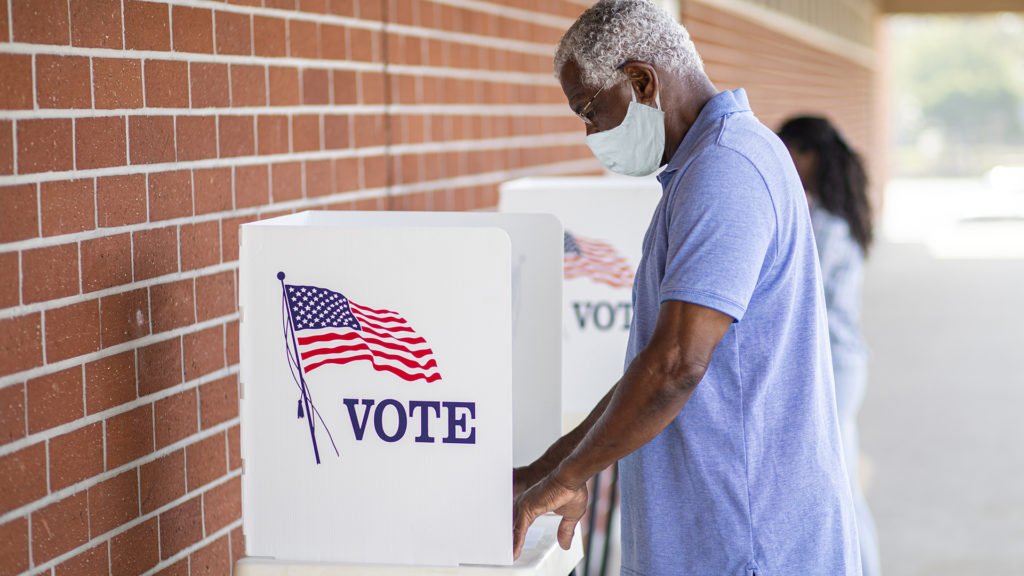
The recent scenes of mob rule in Washington DC have sent shockwaves around the globe, and have been met by statements of disbelief and disapproval from world leaders. The condemnation of the insurrectionists by leading Republicans, including Senate majority leader Mitch McConnell and Vice President Mike Pence, and the subsequent congressional confirmation of Joe Biden’s election as president, have provided a welcome, and necessary, reaffirmation of constitutional propriety.
At the same time, the occupation of the capitol building notwithstanding, more than half of the Republicans in the House of Representatives and eight Republican senators still voted to block Biden’s election. Subversion of the democratic process is also nothing new in the American political tradition.
From the 1870s through to the 1960s African Americans in the southern states were systematically denied the right to vote. Not by racist white mobs, but by state laws linking voter registration to poll taxes, literacy tests and ‘good understanding’ clauses. As late as the 1950s and 1960s African Americans in Mississippi were asked questions like ‘How many bubbles are there in a bar of soap’ to demonstrate they were fit to register to vote.
Such injustices were finally ended by the 1965 Voting Rights Act, which introduced strict federal government oversight of the qualifications states could impose for voter registration. The results were dramatic. In Mississippi black voter turnout rose from just 5 per cent in 1964 to 59 per cent by 1969.
In Shelby County v Holder (2013) the conservative dominated United States Supreme Court ruled by a 5-4 majority that the Voting Rights Act was a historical anachronism, and that the safeguards it put in place no longer needed to be enforced. Within 24 hours of the decision Alabama, Mississippi and Texas introduced strict voter ID requirements that have since been adopted by more than thirty other states.
Such measures are justified as necessary to prevent voter fraud. In practice they have resulted in widespread voter suppression in ethnic minority communities. 25 per cent of African Americans do not possess government issued photo ID cards compared to only 8 per cent of white Americans. Voter restriction was further reinforced by other measures, including the redrawing of electoral districts to minimize the impact of non-white voters, and closing polling centres in African American communities. Regular purging of the electoral roles led to the de-registration of voters on minor technicalities or because they hadn’t voted in recent elections.
In the 2016 presidential election national voter turnout fell to 56 per cent compared to 64 per cent in 2008 and 60 per cent in 2012. In 2017 African American and Latino voters were three to four times as likely to report facing racial discrimination as white Americans during the electoral process.
But hope remains. In 2020 the polarising nature of the Trump administration energised not just his own supporters but those who opposed him. National voter turnout rose to 67 per cent, comparable to that in the 2019 UK general election. The COVID pandemic also encouraged voters to take advantage of opportunities provided by states for early voting and postal voting. Measures that, needless to say, President Trump firmly opposed. The result – two Democratic Senators in Georgia. What will happen next?
Kevern Verney is Professor of History and Associate Dean Research for the Faculty of Arts and Science at Edge Hill University.
Photo by adamkaz on istockphoto.com

One response to “Two Cheers for American Democracy”
Thank you for this. Some of those statistics are truly alarming, and the values that they represent, even more so.